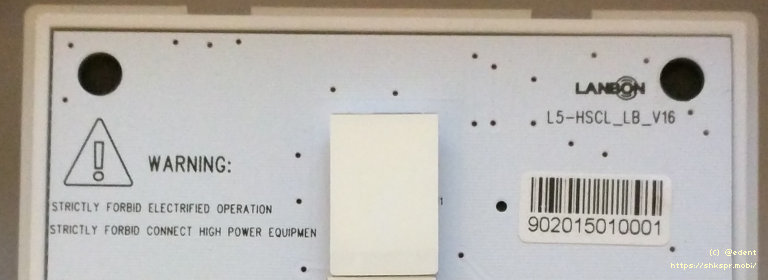
I've just got a WiFi light switch. As I've explained previously, swapping out all my existing light bulbs with Smart Bulbs would be hugely expensive and has the disadvantage of not working when the switches are off at the wall. A WiFi light switch (theoretically) allows me to control the lights from my phone - and anyone else to use the physical buttons on the wall. That helps avoid this scenario: Cate@c8tersWhen you're house sitting for millennials and ask how the lights work…
Continue reading →

In the glorious future, every device you own will have WiFi connectivity. With a tap on your app, you'll be able to switch on your TV, dim your lights, and set the air-conditioner to "frosty". We're not quite there yet - we live in a world where even the newest fangled kit relies on technology from the 1970. Yes, I'm talking about Infra-Red. Good old IR has been around for ages - you're bound to have a few devices which rely on it. The folks at Gearbest have sent me an Orvibo WiFi Smart…
Continue reading →

I closed the window before I left for work this morning. I mean... I'm pretty certain I did. It would be crazy to drive back home just to check... No... I did it. Or was that yesterday... I'm always doing stupid stuff like that. Leaving the fridge door open, forgetting to switch on the washer, having lights on well after sun rise. How can I use technology to automate away my idiocy? Let's take windows and doors. Suppose I want to merely check whether a window or door is physically open. …
Continue reading →

In 2002, I wrote this dissertation as part of my B.Sc. at UEA. I've kept this edition as close to the original as possible. I've added in links (where they still survive) and inserted a few comments where I was ludicrously wrong or unexpectedly right. This paper is not especially well-written and, if memory serves, received only a adequate mark. Terence Eden - 2016 Executive Summary This project report draws on many disparate sources to investigate: The future of the computer. How…
Continue reading →



